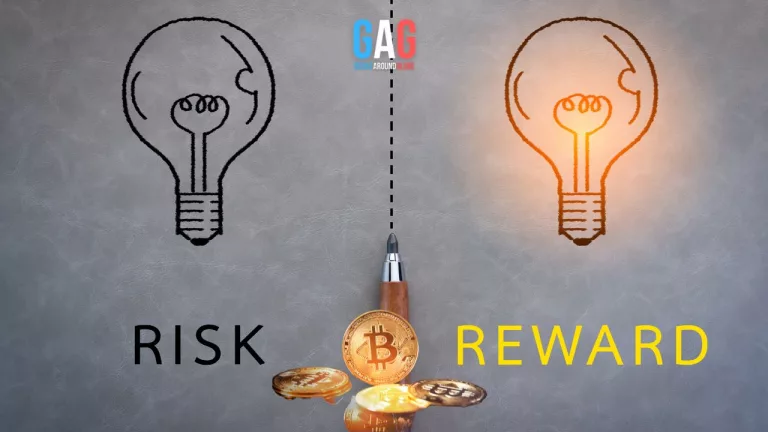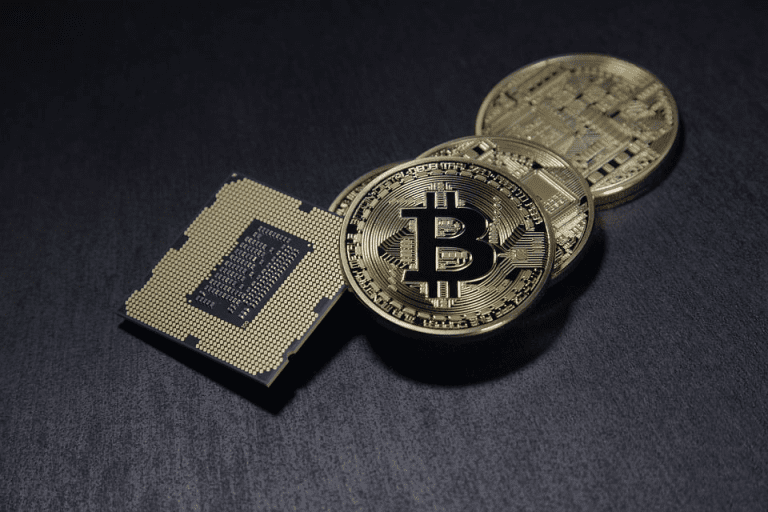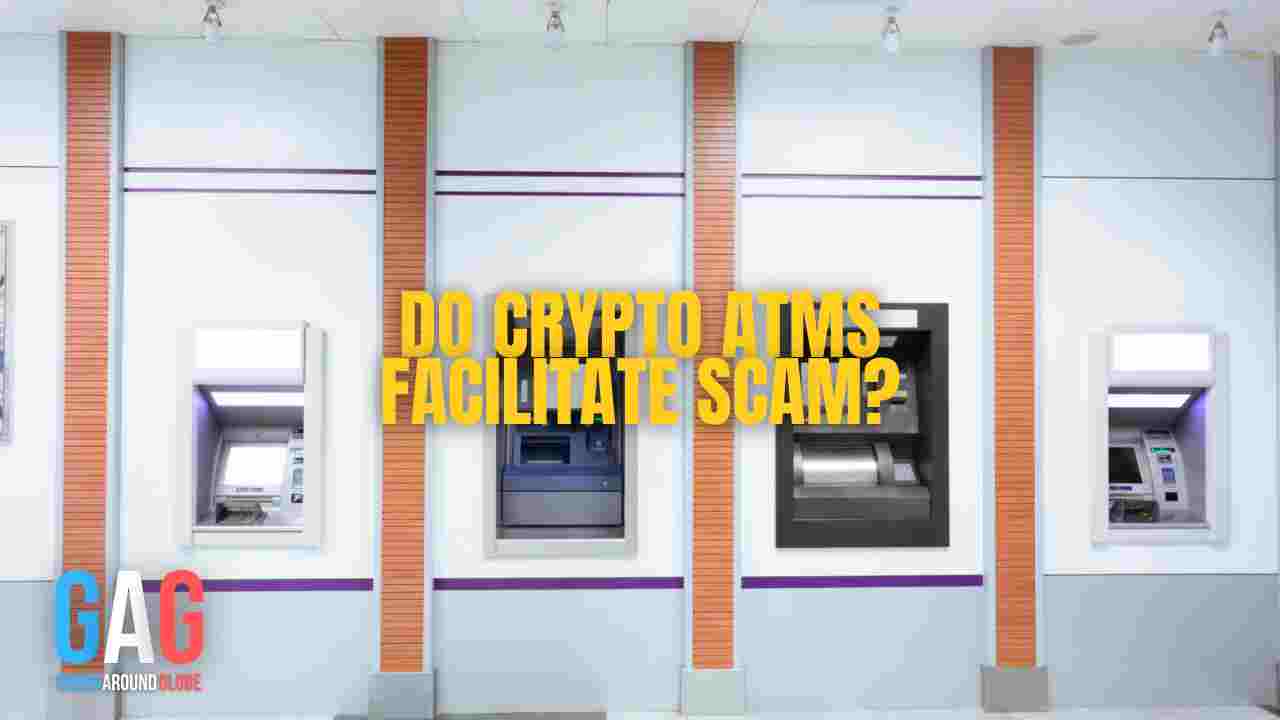First things first. We need to understand what Blockchain is, and the complex technology behind its operation. It is a ledger or decentralized sequence of blocks based on cryptographic principles that store transaction data of users/customers when trading in cryptocurrencies via a digital wallet. It enables low-cost international payment processing across the counter and board for all investors in crypto assets. It is designed for generating high transaction speed, security, privacy, accuracy and timeliness. In blockchain, hash codes are used for encrypting data, and the corresponding value is stored in virtual tokens. Now, let’s understand the benefits of blockchain in crypto payment processing.
Trust & Efficiency
It ensures trust between different parties and entities, in areas related to data sharing and business dealings, especially when it comes to transactional data. This is an important benefit. A perfect example of how Blockchain enables trust between two users/parties (buyer & seller) is overtly evident through Bitcoin and other cryptocurrencies, where both parties don’t know each other, not even their names and addresses due to the anonymity factor.
Secondly, it is a highly efficient cryptographic technology, as transactions that are registered on blockchain, cannot be erased, muted or upgraded. Each and every transaction is recorded in a date-wise manner, ensuring a clinical chronology and sequence. This is how blockchain can track information over a short & long-term period, allowing for a secure and reliable source of business information related to crypto trade. In fact, through blockchain technology, you can digitize virtual estate transactions, thus keeping a track of property owners.
Decentralized Nature
In blockchain technology, you can store all types of transaction data in a decentralized form, so that all parties can confirm the accuracy of data, without any interference of central actors like banks, financial institutions and commerce departments. It ensures data sharing within a virtual ecosystem of finance, where NO single entity is in full control of the matter. One perfect example is the supply chain network, where logistic companies, sellers, vendors, retailers, distributors, etc. require information from any of these parties in the chain, yet no one is in complete control over it. In case if someone wants to interfere with blockchain, he/she will have to tackle all the stakeholders in the chain and hack each node, which is next to impossible. This ensures safety and security.
Enhanced Security & Privacy
One of the main benefits of blockchain as a cryptocurrency payment technology platform is that it prevents copying, fraud and unauthorized transactions, as a result of end-to-end encryption. Similarly, privacy issues can be tackled on blockchain payment, as it requires individual authorization to gain access. Moreover, transactional data is stored on blockchain over a vast network of servers and computers, making it next to impossible to decode, hack and infringe with, unlike traditional storage mechanisms, which store a single copy of data on servers. It can better manage privacy concerns of investors and merchants in comparison to traditional systems via the element of anonymity in transactions, thereby limiting access to near zero. In one such crypto trading technology via a digital wallet, the security is so robust and foolproof that it is impossible to hack, steal or manipulate information, simply because of use of a consensus algorithm. Each and every transaction is encrypted and uses a verified internet connection.
Lower Costs
The inherent design of blockchain payment system or method can significantly minimize costs for individuals and entities. It is mainly achieved due to the increased efficiencies in transaction processing, and also due to the reduction of manual tasks such as aggregation and data amendment, apart from easing out the process of audits and reporting. Blockchain helps organizations cut costs, by doing away with the need of brokers, agents, middlemen, vendors and third-party guys. However, some crypto traders are of the opinion that blockchain is way more expensive than other systems, mainly because of the significant investment it requires in computing resources. As it operates in a protected environment, there isn’t any requirement for third-parties to play the role of moderators. This is how businesses can think of cheaper costs in relation to third-party agents, by operating on blockchain.
Speed & Transparency
Blockchains can handle significantly faster transaction speed, simply by eliminating various intermediaries and replacing the manual processes involved in cryptocurrency transactions. On the contrary, the speed factor also depends on how quickly a blockchain can perform a transaction, based on some pivotal factors like network size, network traffic, size of individual blocks of data and the overall speed of the process. According to some notable experts in the crypto world, blockchain is comparatively faster than conventional technologies, when manual steps are taken into consideration.
Secondly, it is the element of transparency, wherein an investor or trader can track the origin of an investment, making it a preferred technology for payment processing and virtual transactions of digital currencies or forex. Transparency is somewhat an unheard term in the IT & ITES domain, which is now made possible through the use of blockchain in almost every aspect of fund transfer, digital wallets and payment solutions. The main idea behind this is to make a business model transparent, with nothing hidden or discreet. Here, no individual can make amendments or upgrades, without the knowledge of other participants in the group.
End Note
Blockchain facilitates secure, private and low-cost payment processing services through the use of encrypted ledgers. Initially this technology was used to support Bitcoin (BTC), but today it is used for a variety of processes and applications that do not involve BTC as a cryptocurrency. In the present times, a consortium of banks in Japan are using blockchain payment processing service that supports international and domestic payments at comparatively lower costs, versus conventional payment methods.
Some blockchain based payment processing services cater to a bigger and wider audience, simply by using the Bitcoin (BTC) distributed ledger to make payment transfers in fiat currencies. This ensures bypassing the existing central banking infrastructure, with the ultimate goal of cost cutting and faster payments. In this process, the service provider converts the buyer’s fiat currency into BTC, and thereafter converts Bitcoin into the seller’s local currency. And, this is all achieved between 1-3 working days. This is how a faster payment process is achieved through blockchain technology.







